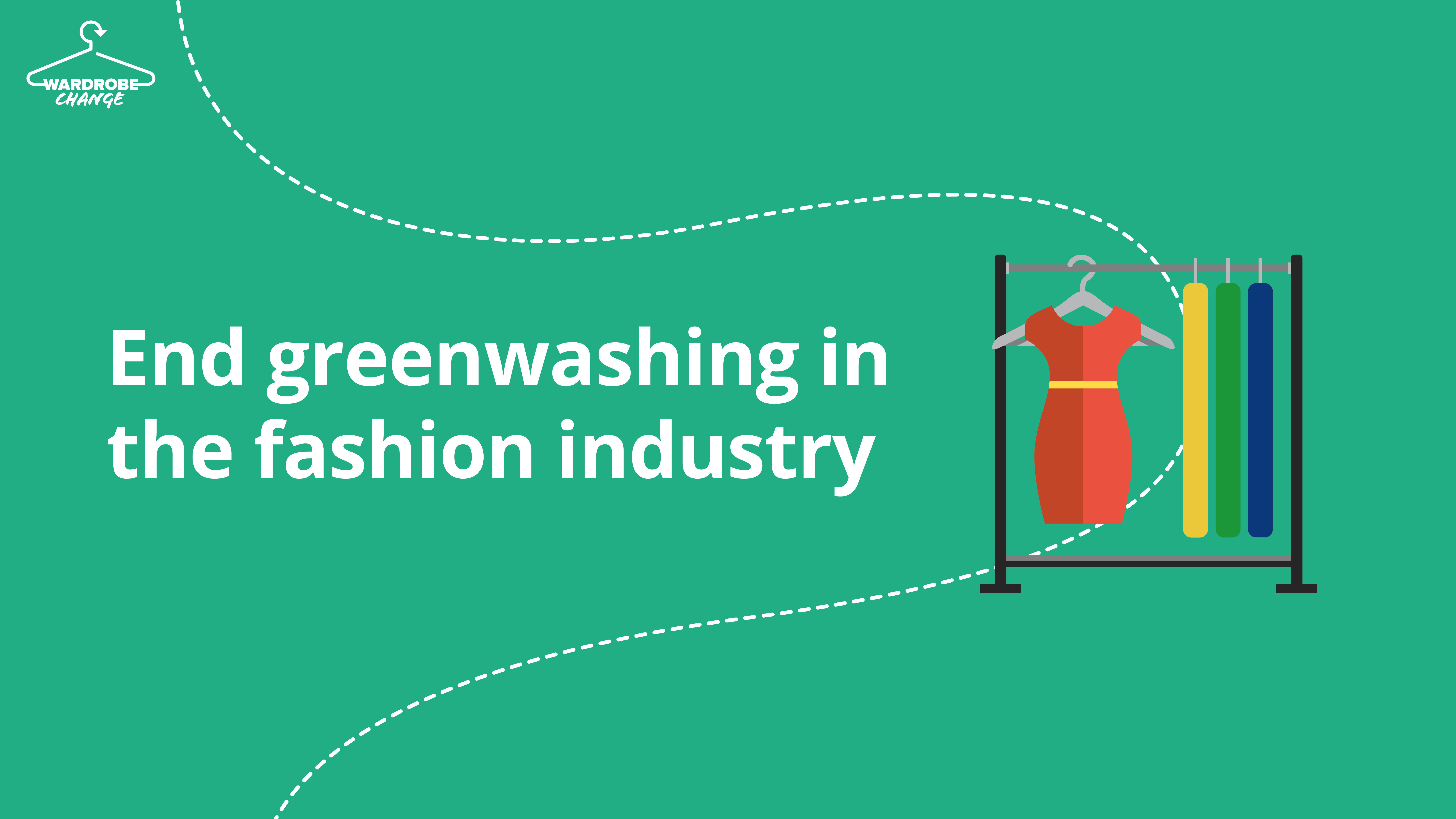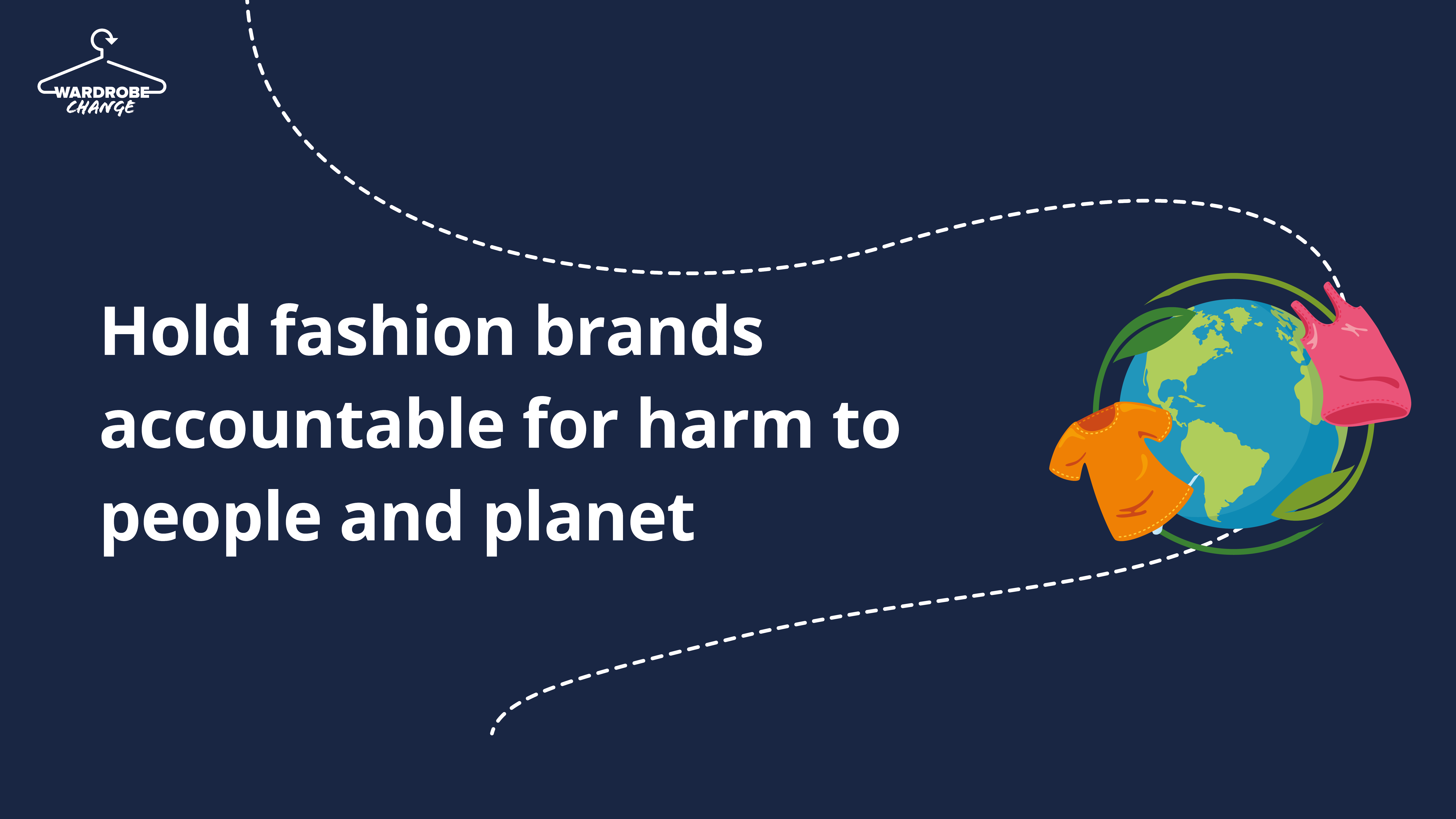#WardrobeChange recommendations for the EU strategy for sustainable textiles
25 European NGOs rebuff voluntary agreements to clean up the fashion industry, calling for the EU’s upcoming textile legislation to hold brands accountable for their contribution to global pollution.
Some of Europe’s largest networks of green groups are joining forces to demand an end to fast fashion in the textile industry, one of the world’s largest industrial polluters.
As part of the Wardrobe Change campaign, NGOs are calling for new policies to stop runaway overproduction of textiles. Proposed measures include minimum standards for how long clothes should last, a ban on the destruction of unsold and returned goods, rules to verify and substantiate green claims, and ambitious targets for an absolute reduction in the amount of natural resources used across the supply chain.
The group is also calling for urgent rules on hazardous chemicals in fashion and for moves to combat environmental harm to include action to end labour rights’ violations in supply chains.
The call comes as clothing and textile production continues to soar despite an abundance of sustainability initiatives from major fashion brands and retailers.
The European Commission is currently gathering feedback from industry and civil society organisations, with the aim of putting forward new measures by the end of the year.
Mathieu Rama, Senior Policy Officer at RREUSE insisted:
“The EU urgently needs to redesign the textile industry by tackling overproduction and overconsumption as well as unfair working conditions. To ensure longer-lasting and repairable products, priority must be given to waste prevention and preparing for re-use. In parallel, greater support and protection must be given to social economy enterprises active in the sector to help ensure an inclusive and fair textile value chain.”
The coalition’s position paper has four key demands:
- Make sustainable textile products the norm through high minimum design standards, better production processes, traceability, transparency and information disclosure, and banning the destruction of unsold and returned goods.
- Drive resource-sufficient textile consumption with rules on what reliable green claims can be made on products, harmonised labelling, and better information on the expected lifetime and repairability of a product.
- Leave the linear business model behind by taxing virgin resource use and making producers responsible for the products they put on the market from cradle to grave.
- Hold the EU textile industry accountable for its role in the world through a trade reset and strong human rights and environmental due diligence rules.




